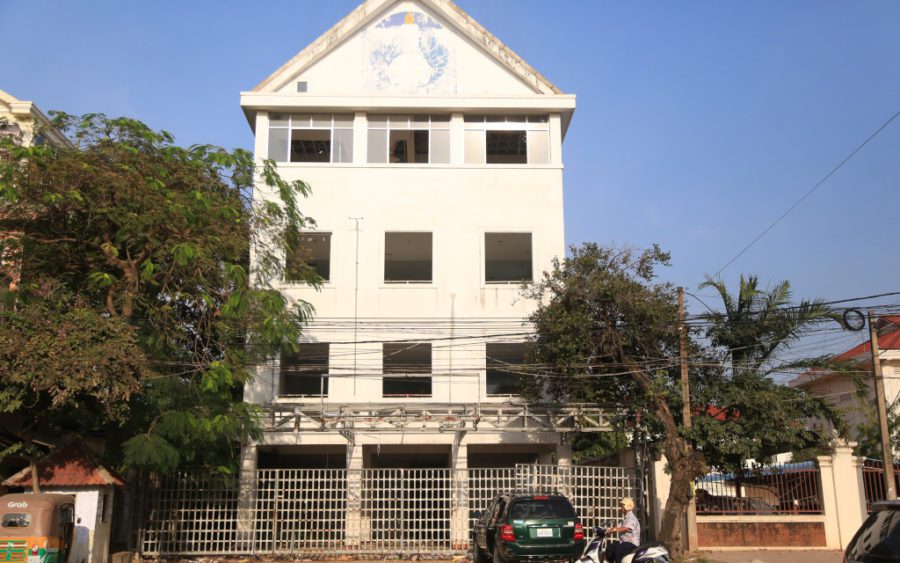Less than a year to elections, the country’s former main opposition party says it has no plan it can share with the public about rebuilding a political presence in the country.
The CNRP would have marked nine years of existence on Saturday, July 17, but has been outlawed since its dissolution by the Supreme Court in 2017. The party won 45 percent of the vote in 2013 to the ruling CPP’s 49 percent in that year’s national election, which also sparked months of protests over alleged voting irregularities.
But ahead of the 2018 national election, party president Kem Sokha was arrested for alleged treason for purportedly conspiring with the U.S., the party was dissolved, and the ruling CPP took all 125 seats in the National Assembly.
Pa Chanroeun, director of the Cambodian Institute of Democracy, said the voices of nearly half the country had been disenfranchised since 2017, a situation that could lead to instability.
“If we do not create a political dialogue, a political environment and a political arena for the participation of political parties of all tendencies and learn to live and work together, our society will not be contented,” Chanroeun said. “And this division could have consequences if Cambodia comes under external pressure, for example, in relation to geopolitical pressure that could cause our society to fall into catastrophe.”
But ruling party spokesperson Sok Eysan was clear that there would be no return for the CNRP.
“The former opposition party has been dissolved for four to five years already,” Eysan said. “No matter what they say, history does not turn back. It is over.”
CNRP vice president Eng Chhai Eang said he could not disclose what plans or strategies the CNRP may have, though they were “many.” He would not even say whether senior leaders of the party were in communication with one another.
“Our persistent strategies are many, but we can’t tell openly what we’ll do. If we talk openly, people will know it all. So then how could we achieve our goal?” Chhai Eang said.
In 2019, party co-founder Sam Rainsy announced a plan to return to the country via Thailand, calling on soldiers to support him. He was not able to board his airplane in Paris, where he lives in exile.
Chhai Eang said the CNRP would try to persist. “We must continue again and again,” he said. “We have to find ways, but ways to persist that are peaceful, nonviolent.”
Political analyst Em Sovannara said any residual momentum for the CNRP flowed from the past, and the party had been quiet since last year.
He said local support for the CNRP appeared to be fading, despite the fact that mass support would be needed for any action to push for its return. Support from foreign governments was about the only option left for the party, Sovannara said.
“The ruling party won’t turn back,” he said. “Only if actions are assisted and supported by the masses in the country and international communities strongly too could everything return to normal as before the CNRP was dissolved.”
Meach Sovannara, an ex-CNRP official, said it seemed the party’s leaders abroad had no firm strategy. Members were also splintered, he said.
In 2017, as the party was dissolved, 118 of the CNRP’s top officials were banned from participating in politics for five years. But about two dozen of them have since broken from the CNRP and asked the government to be reinstated.
Sovannara said supporters of the CNRP’s two co-founders, Sokha and Rainsy, regularly turned on each other, and opposition activists were under immense pressure from the government. More than 100 are on trial before the courts.
“And we become weak,” he said. “That is what makes us not have the strength to bargain with the ruling party.”












